Introduction
You've probably heard of NAC or liposomal glutathione, but you're not sure which one is right for you. Well, look no further! In this guide we'll compare these two popular supplements and determine which one is better overall.
N-Acetylcysteine (NAC)
N-acetylcysteine (NAC) is an amino acid that is also a powerful antioxidant. NAC is a precursor to glutathione and can help boost the body’s natural production of glutathione.
Glutathione
Glutathione is a compound that's naturally produced by your body, and it acts as an antioxidant to help neutralize free radicals that cause damage. It's found in many foods like meat, fish, and eggs. Glutathione can also be supplemented from supplements such as liposomal glutathione.
What is the difference between liposomal glutathione and NAC?
Both liposomal glutathione and NAC are water-soluble antioxidants, but they differ in their fat-solubility. Liposomal glutathione is a fat-soluble antioxidant, meaning it can penetrate the cell membrane more easily than NAC.
Liposomal glutathione works best to repair damage to cells caused by oxidative stress (which occurs when there is an imbalance between the production of reactive oxygen species and your body's ability to neutralize them).
Which one is better for you?
Glutathione, also called the “Master Antioxidant”, has been shown to help treat a range of conditions, the body produces glutathione naturally and some foods contain it as well (more on this later). However, numerous studies show that oral supplementation of regular glutathione is traditionally poor which is what leads to many using the precursor (NAC) in order to inhibit the body's natural production.
Both NAC and liposomal glutathione help with liver function by reducing inflammation caused by alcohol consumption or drugs like acetaminophen (Tylenol).
Liposomal glutathione
Liposomal glutathione is a fat-soluble antioxidant that is more effective than NAC. The body uses glutathione to neutralize free radicals, which are highly reactive molecules that can damage cells, leading to conditions such as cancer and heart disease. Glutathione is the most powerful antioxidant in the body, but it becomes less effective over time as we age or when our diet lacks nutrients from fruits and vegetables. Taking liposomal glutathione helps improve your health by boosting your body’s natural production of this crucial nutrient.*
Conclusion
These are two great supplements to have in your arsenal, but it’s important to know that they work differently. NAC is much more effective at detoxifying the body and clearing out heavy metals. Liposomal glutathione helps boost your immune system and protect against oxidative stressors.
So which one should you take? It all depends on what you want from your supplement regimen! If you want something that will help clear out toxins so that they don’t build up over time (like NAC), then this might be the answer for you. If instead you need a boost after being exposed to something like pollution or radiation (such as liposomal glutathione), then this could also be helpful for getting rid of those nasty chemicals before they have time to destroy other parts of our bodies too soon.*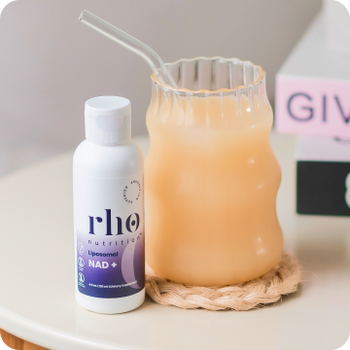

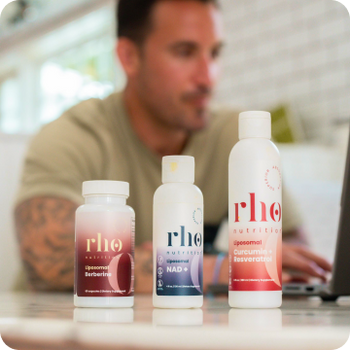
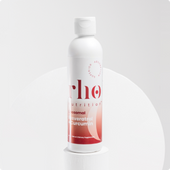
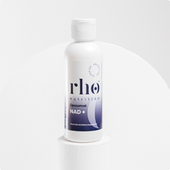


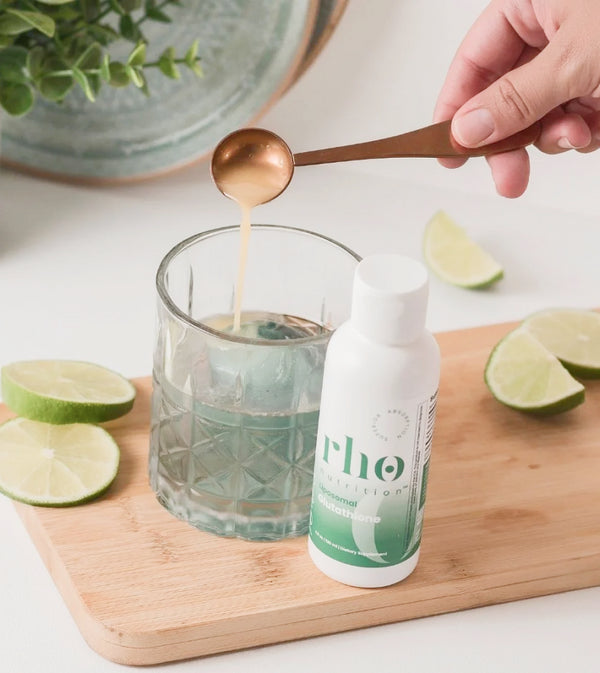
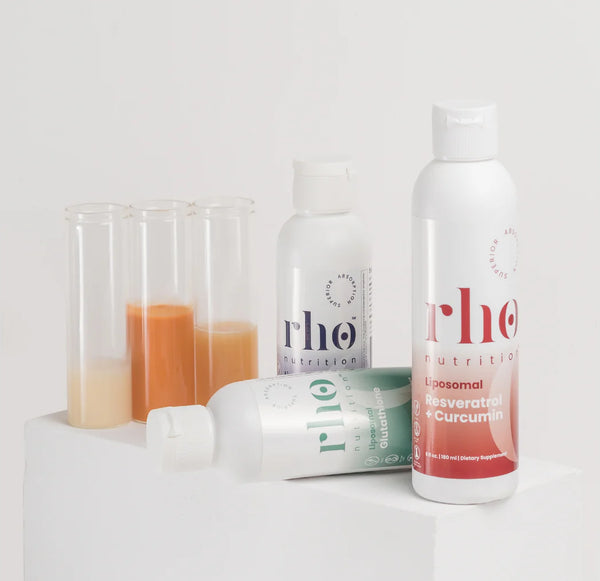
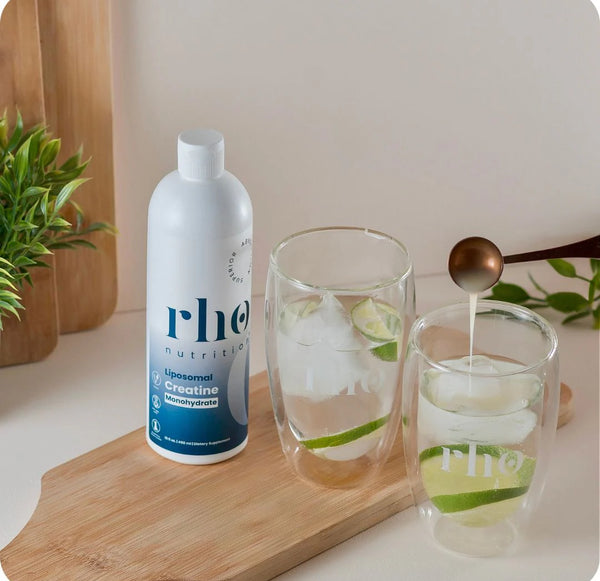



Leave a comment